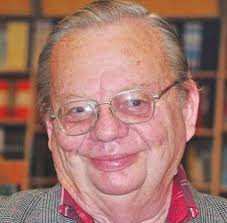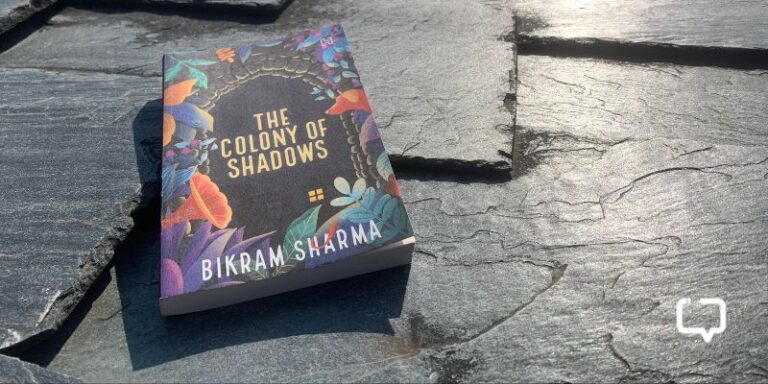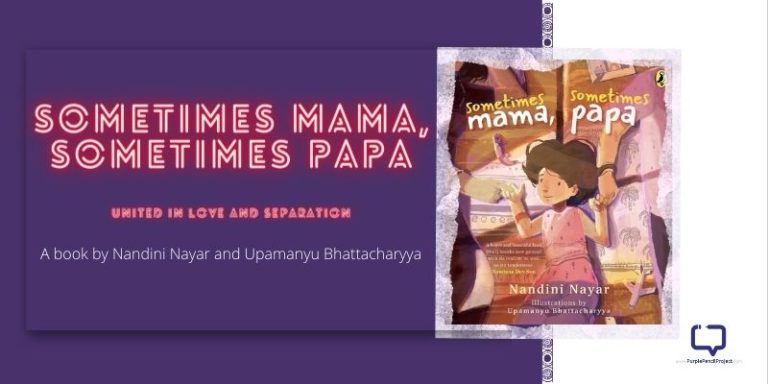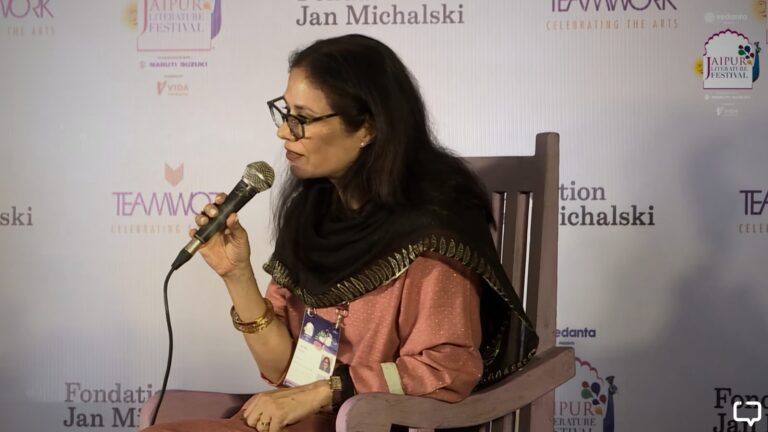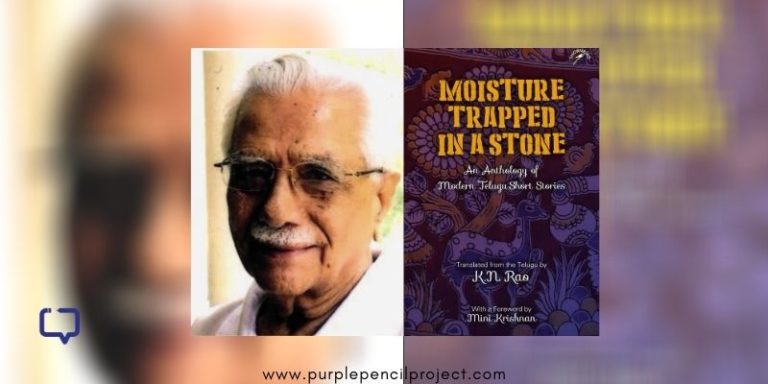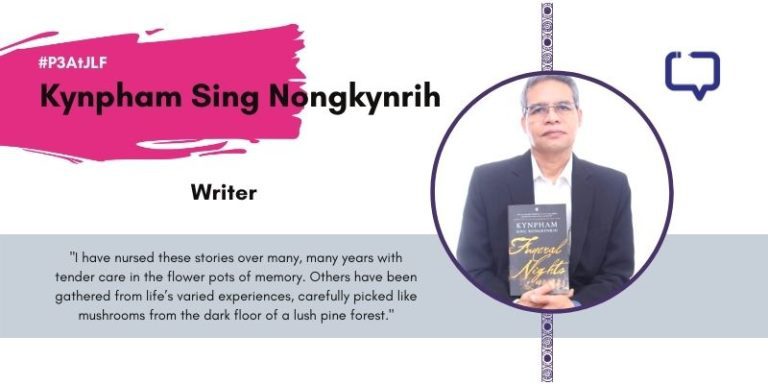To
Vishal Bhardwaj’s 7 Khoon Maaf
The Oxford Dictionary defines a femme fatale as a ‘very beautiful woman that men find sexually attractive but who brings them trouble or unhappiness’.
Unfortunately, in 7 Khoon Maaf, Vishal Bhardwaj is not quite able to grasp that meaning as clearly as he should ideally. Instead of a femme fatale, it has a female who is compelled to dispose of men, merely because they are fatal.
We encourage you to buy books from a local bookstore. If that is not possible, please use the links on the page and support us. Thank you.
The legendary Ruskin Bond is not only revered rightfully for his charming stories and novels of the picturesque idyll of the tiny towns and hill stations of North India but also noted for the effortless ease with which he writes incisive suspense and horror, inspired by the likes of Rudyard Kipling and other colonial writers. The crisp yet chilling four-page short story “Susanna’s Seven Husbands” serves as the direct inspiration behind Bhardwaj’s film but with a vital difference in perspective.
The former is fashioned like a vignette, chronicled, with a deceptively journalistic tone and much dry wit, by an anonymous narrator who is curious about the mythos of the titular lady. The latter is a full-fledged cinematic narrative that sets out to explain, a bit unimaginatively, just what was this particularly enigmatic lady up to. This approach, thus, sucks dry the film’s potential to surprise or shock, because the film merely spells out what did she do rather than asking why she did it.
Plotting Points
To those unfamiliar with the film or the story, here are the barest bones of the plot. Susanna Anna-Marie Johannes is a svelte, sublimely beautiful woman with eyes that brim with wistful melancholy and a heart whose workings are unfathomable. It so happens that she has married about half a dozen or so of her paramours and each one of them has snuffed it in rather inexplicable and mysterious ways. Is she guilty of murdering them all? Or was the sadness in her deep, dark eyes merely a reflection of her disappointment in the other sex?
Try as Bhardwaj might, his film does not answer those questions convincingly enough. Of course, it can be argued that even in the story, we never arrive at satisfying conclusions but then that is the intriguing core of mystery that Bond built so compellingly; her motives are never revealed or even hinted at. In fact, the distance that the story’s narrator maintains from the woman in question works ingeniously to make us question the very authenticity of the urban legend about her. Did she really murder her husband? Could they have died accidental deaths themselves?
The crimes are speculated upon and chronicled by Naushad, the veteran carpenter who is also described to be the furniture-maker of Susanna’s grand old mansion in old Delhi and while Bond’s journalistic-style prose ensures that we mostly believe in his version of the events, splattered with blood and belladonna, we are still intrigued with alternate possibilities and theories.
That does not happen in 7 Khoon Maaf because Bhardwaj sticks, instead, with the generic idea of deconstructing Susanna’s deeds in detail to flesh out a whole film narrative. He and co-writer Matthew Robbins are merely content with explaining each of the titular murders in detail, even throwing a delicious twist about toes for the final coup and in the process, cast the always spontaneous Priyanka Chopra in the performance of a lifetime.
Her Susanna is the closest that we get to an alluringly amorous yet dangerously seductive woman comfortably in charge of the dynamic and the way she reveals each layer of her ambiguously sketched character, from the sad but steely resolve with which she takes matters in her hands to the simmering sensuality with which she strikes back right down to the guileless smile to the maniacal laughter is exemplary and without compare in her entire oeuvre.
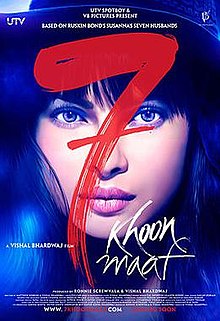
And yet, even as both Chopra and Bhardwaj seem to be having fun, along with Usha Uthup and Harish Khanna who play her Machiavellian partners-in-crime in this rambunctious romp, the fatal error in 7 Khoon Maaf is that it does not care even a bit to flesh out the husbands themselves.
In Bond’s story, there is a what-if the assumption that Lady Susanna was essentially a closet psychopath and her husbands and admirers could have been merely unsuspecting or even naive men with merely middling flaws. The husbands are mentioned casually and this indifference also enhances the suspense of the story; we are left to guess, as the audience, whether these men were really up to no good.
The book, the film, the book, the film…
The film creates different husbands and actual characters out of the bare bones but casts them as merely villainous and duplicitous caricatures without much flesh or blood to them. The actor themselves are mostly game enough for the unsavouriness that is lent out to them and Irrfan Khan and Annu Kapoor pull off memorable scenes with their perverted and lusty demons. But for the most part, the narrative condemns them with only token quirks, a Russian James Bond who quotes Amitabh Bachchan or a bogus rockstar who dresses up as Axle of Guns And Roses.
The film, narrated as it is by Susanna’s unrequited admirer Arun (Vivaan Shah), eventually makes her, unexpectedly, a sympathetic victim of these vain and boastful men and then, just when we expect a devilishly nasty twist at the end, we are instead given a ludicrous moment of Catholic redemption and deus ex machina that almost mucks up the entire film.
Operation Blue Star, the rise of T-series, the fall of the Berlin Wall, the demolition of Babri Masjid, the Pokhran nuclear tests: these are admittedly clever devices for the undeniably gifted Bhardwaj to take us on a whirlwind tour of India and the world as a backdrop behind Susanna; yet, unlike in the story, wherein the milieu of India’s faddish post-colonial attitudes are the very reason why Susanna was compelled to marry her admirers, the real world outside the somnolent solitude of Susanna’s abode is never palpable. This is clearly a fable and one made lovingly, with beautiful and foreboding images by cinematographer Ranjan Pallit but how I wish that Bhardwaj, with all his deftness to adapt the Bard on the screen, had remade Theatre of Blood instead.
Favourite Quote From The Story:
And after dusk, an old fashioned horse and carriage can sometimes be seen driving through the Roshanara Gardens. If you chance upon it, ignore it, my friend. Don’t stop to answer any questions from the beautiful fair lady who smiles at you from behind the lace curtains. She’s still looking for an ideal husband.
Favourite Quote From The Movie:
Saaheb raasta nahi badla karti…Kutte ka bheja uda deti hai!…
Recommendation: On a completely different note, read Ruskin Bond’s A Flight of Pigeons, set during the tumultuous days of the Indian Rebellion of 1857 and watch, subsequently, Shyam Benegal’s arthouse classic Junoon, adapted for the screen by Benegal and master writers Ismat Chughtai and Satyadev Dubey and shot brilliantly by Govind Nihalani.








